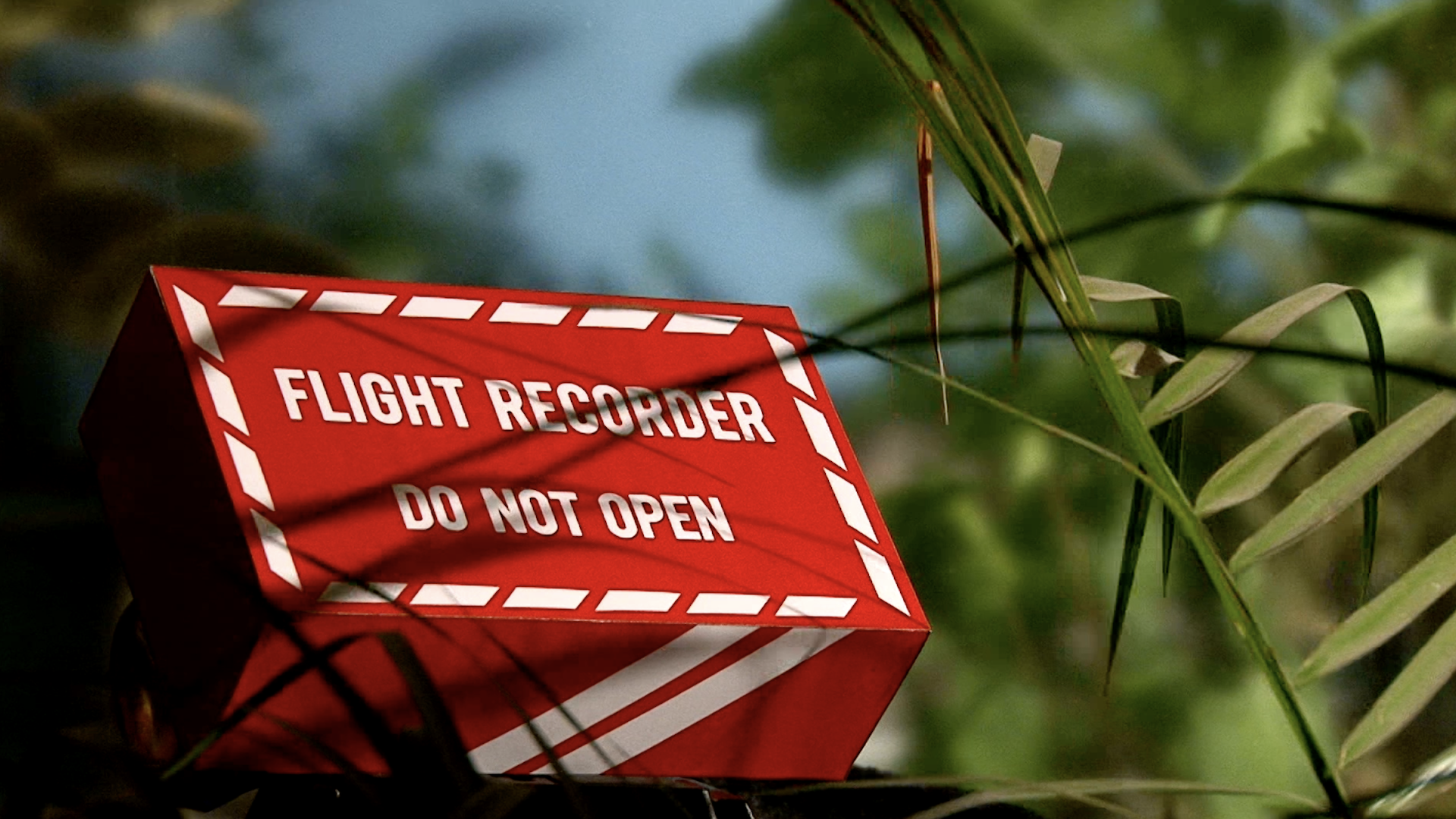Citizen Science Programs That Are 'For the Birds'
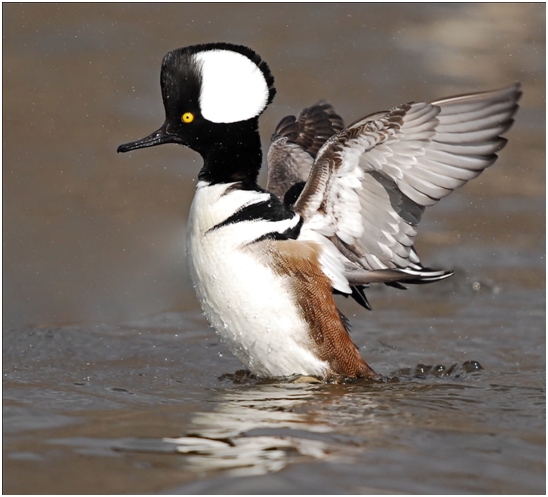
This Research in Action article was provided to LiveScience in partnership with the National Science Foundation.
If you care about the biology, ecology and conservation of birds and want to learn more about those topics, consider joining the more than 200,000 volunteers, or so-called "citizen scientists," who contribute each year to research projects run by the Cornell Lab of Ornithology.
No matter where you live, how old (or young) you are, your level of birding expertise, or how much time you have to devote, you can provide scientists with important, and otherwise unobtainable, data.
State of the birds
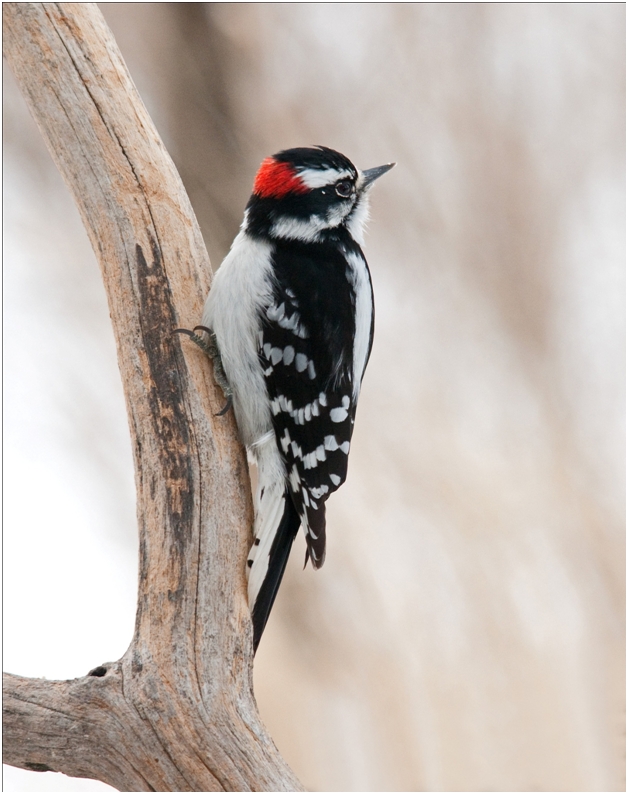
Data collected through the Cornell lab's citizen-science programs are frequently incorporated into scientific papers and high-profile reports. For example, much of the data included in the Department of Interior's State of the Birds 2011 report originated from eBird, a free citizen-science program that the Cornell Lab and The Audubon Society began in 2002.
Papers, reports and other study results based on the data collected are used for varied purposes, including identifying the impacts of habitat loss, pollution, diseases and climate change on bird populations; tracing bird migration; documenting long-term changes in the numbers of bird species; identifying geographic variation in bird behavior; generating management guidelines for birds; identifying habitats that should be conserved; and advocating for the protection of declining species.
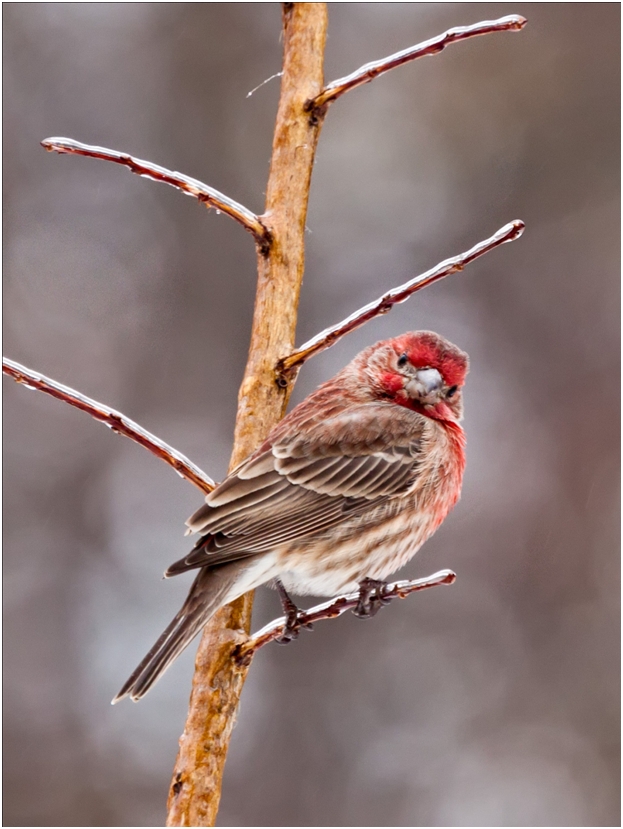
Many of the Cornell lab's citizen-science programs are funded by the National Science Foundation.
Sign up for the Live Science daily newsletter now
Get the world’s most fascinating discoveries delivered straight to your inbox.
You might wonder why citizen scientists needed to collect data on bird biology, ecology and conservation. It's because more than 800 bird species live in the U.S. — many of which move across entire continents in the course of a year. Scientists need the data that citizens collect to help document where the birds are and how their numbers are changing as they confront threats including urbanization, agriculture, pollution and climate change. The information can help conservationists design effective strategies.
How to help
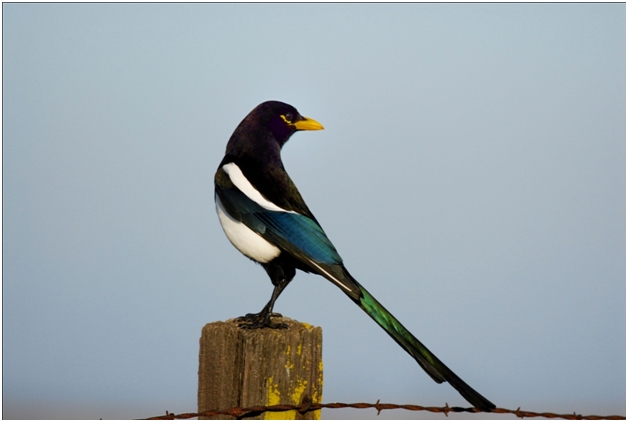
The Cornell Lab of Ornithology's citizen-science programs are varied enough to accommodate a wide range of interests and ability levels. This means that as long as you are interested in birds and want to help them, you should find a program that appeals to you — whether you would like to observe birds from the comfort of your own home; identify species and record observations about bird behavior and phenomena in the field; educate others about bird biology; expand bird habitat by turning your own backyard into bird-friendly habitat; or use online tools to communicate with scientists, educators and other bird watchers about data, observations and study results.
The Cornell Lab of Ornithology's citizen-science programs are among more than 600 citizen science groups addressing a wide range of topics, including climate change, how molecules in cells work, biodiversity, seismology and astronomical phenomena.
Editor's Note: Any opinions, findings, and conclusions or recommendations expressed in this material are those of the author and do not necessarily reflect the views of the National Science Foundation. See the Research in Action archive.











